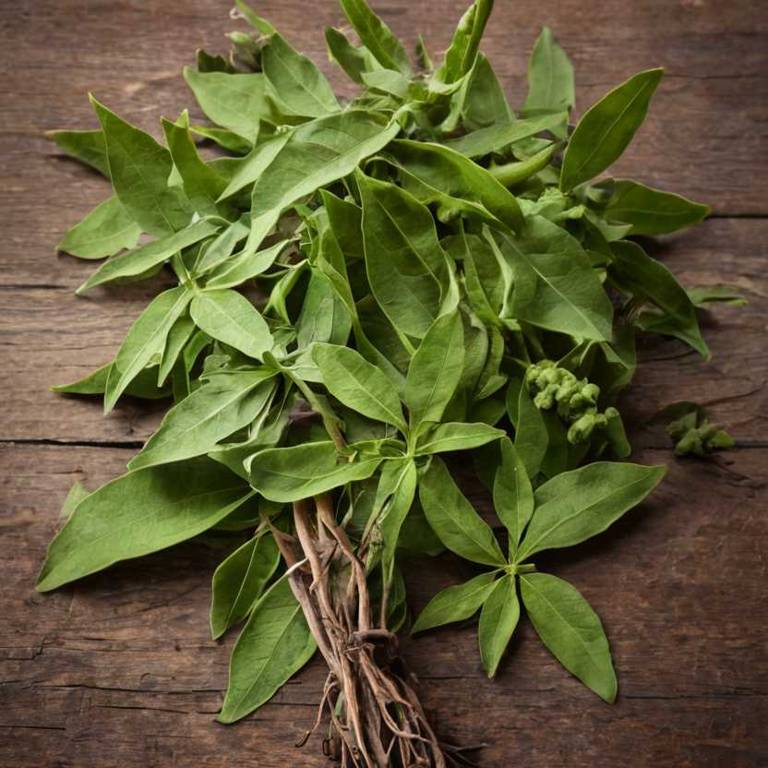Sassafras Albidum: What To Know Before Using It For Medicinal Purposes

Sassafras albidum, commonly known as sassafras, has been traditionally used for its medicinal properties due to its aromatic compounds, particularly safrole, which has been historically valued for its antiseptic and anti-inflammatory effects.
Historically, it was used to treat digestive issues, skin conditions, and as a stimulant, though its use has declined due to safety concerns related to safrole's potential carcinogenic properties. In traditional medicine, sassafras root was often prepared as a tea or tincture to alleviate pain and promote circulation.
Despite its reduced medicinal use today, sassafras remains a subject of research for its potential therapeutic applications in modern herbal medicine.
Health Benefits
Sassafras albidum has several health benefits, such as its potential anti-inflammatory and antimicrobial properties.
It has been traditionally used to support digestive health by promoting the secretion of digestive enzymes and reducing bloating. The root bark contains compounds like safrole, which may have antioxidant effects that help neutralize harmful free radicals in the body. Additionally, sassafras has been studied for its possible role in supporting liver function and detoxification processes.
However, due to the presence of safrole, it should be used with caution and under professional guidance to avoid potential toxicity.
10 Best Health Beneift of Sassafras albidum
Bioactive Constituents
Sassafras albidum has several bioactive constituents, such as safrole, essential oils, lignans, and alkaloids, which have been studied for their potential medicinal properties.
Safrole, although controversial due to its potential carcinogenicity, has shown antimicrobial and anti-inflammatory effects in some studies. The essential oils of Sassafras albidum contain compounds like eugenol and methyl eugenol, which exhibit antifungal and analgesic activities. Lignans present in the plant have demonstrated antioxidant and anti-cancer properties, contributing to its traditional use in herbal medicine.
These bioactive constituents make Sassafras albidum a subject of ongoing research for potential therapeutic applications.
Medicinal Preparations
Sassafras albidum has several medicinal preparations, such as teas, tinctures, and oils, that have been used historically for their purported health benefits.
The root and bark of the plant are commonly dried and ground into a powder, which can be brewed into a tea believed to aid in digestion and reduce inflammation. Tinctures made from the root are often used in traditional medicine to treat conditions like arthritis and skin disorders. Sassafras oil, derived from the root, has been applied topically for its antiseptic and analgesic properties.
However, due to the presence of safrole, a compound linked to liver damage and cancer, its use in modern medicine is highly restricted.
Side Effects
Sassafras albidum can have some side effects, such as gastrointestinal upset, including nausea, vomiting, and diarrhea, due to the presence of compounds like safrole.
Prolonged use or high doses may lead to liver toxicity, as safrole is classified as a potential carcinogen and has been linked to liver damage in animal studies. Ingestion of sassafras root or its derivatives may also cause allergic reactions, such as skin rashes or respiratory issues, in sensitive individuals. Additionally, the essential oil of sassafras is considered unsafe for internal use by the FDA due to its harmful effects on the liver and other organs.
Therefore, it is important to consult a healthcare professional before using sassafras for medicinal purposes.